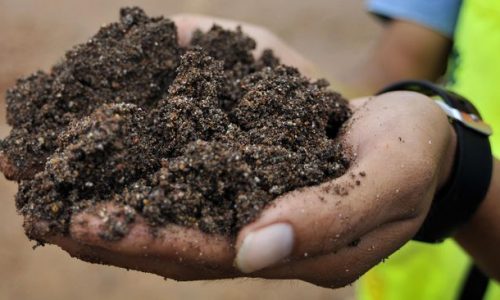The Indonesian government is partnering with China and Singapore to encourage investors from both countries to invest in seaweed development projects in Indonesia.
Seaweed downstreaming is one of the projects that President Joko Widodo plans to entrust to the next government to achieve the goal of becoming a developed country by 2045.
The seaweed downstreaming project is estimated to have a significant potential value addition to the economy, reaching US$ 11.8 billion (IDR 182 trillion).
Jodi Mahardi, spokesperson for the Coordinating Ministry for Maritime Affairs and Investment, said that there are three potential areas for seaweed development: West Nusa Tenggara, Sulawesi, and Maluku. The government has already sent a special team to learn from India, which is considered advanced in seaweed production.
“India is already quite advanced, and there are several investors interested in developing seaweed,” Jodi said on Thursday, April 24, 2024.
The government plans to initiate a pilot seaweed cultivation project worth US$ 2 million (IDR 31.06 billion) next year. The pilot project will cover a coastal area of 50,000 hectares and employ 100 workers.
If successful, the government plans to expand seaweed cultivation to 1.2 million hectares, creating jobs for up to 2,400 people.
Jodi mentioned that developing seaweed production can provide additional income for lobster farmers. “While waiting for the lobster to grow, they can engage in seaweed cultivation,” he said.
Previously, Mochammad Firman Hidayat, Deputy for Coordination of Maritime Resources at the Coordinating Ministry for Maritime Affairs and Investment, said that the downstream seaweed product market would peak in 2040. Some downstream product markets expected to peak in 2040, include organic fertilizer reaching US$10 billion and eco-friendly plastics exceeding US$40 billion.
Firman emphasized the need for seaweed cultivation to boost job creation in the country. He calculated that the development of seaweed cultivation could boost national economic growth by more than 6 percent.
In conclusion, the government sees the development of seaweed cultivation as a strategic move to stimulate job creation and economic growth, aiming to realize Indonesia’s vision of becoming a developed country by 2045.





